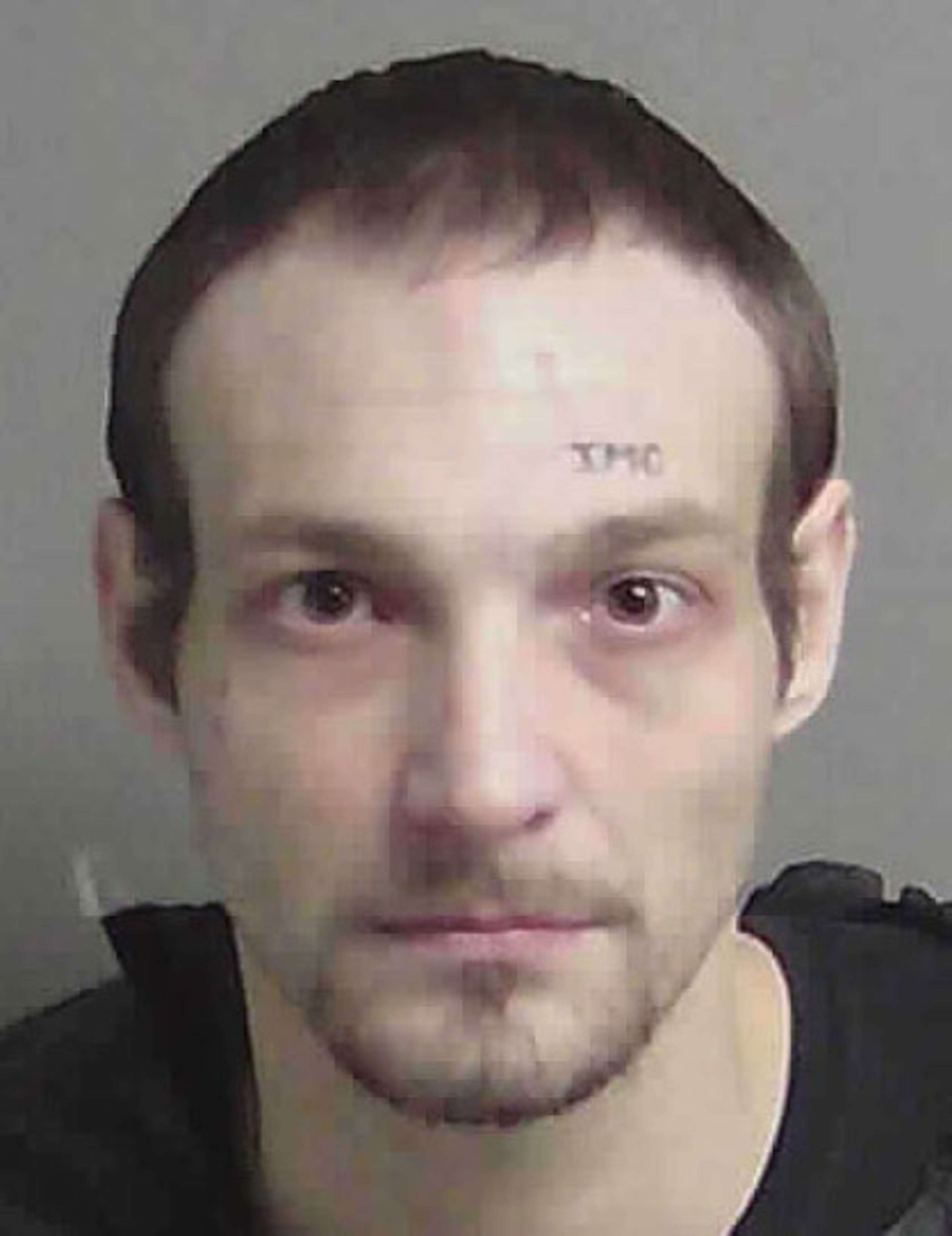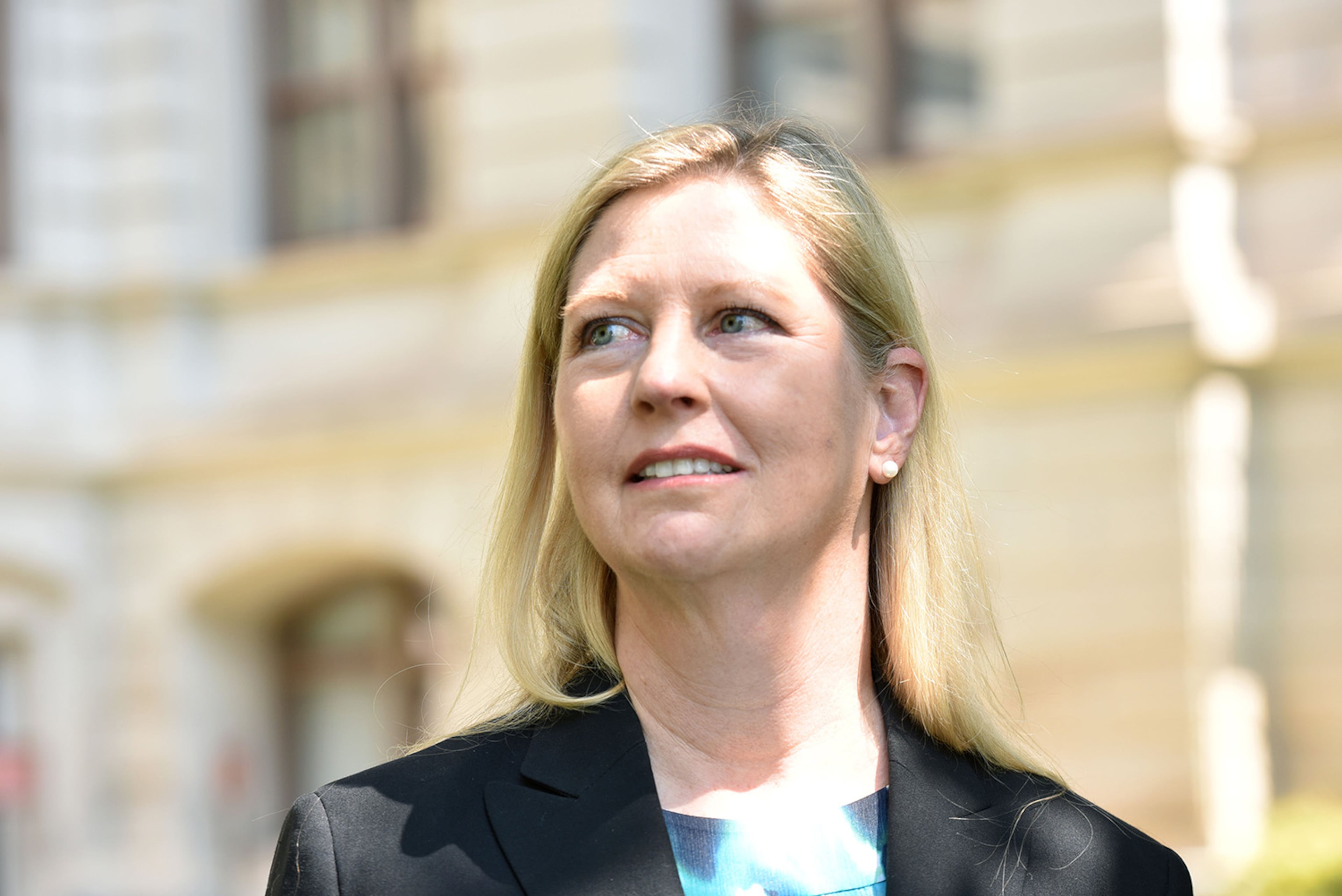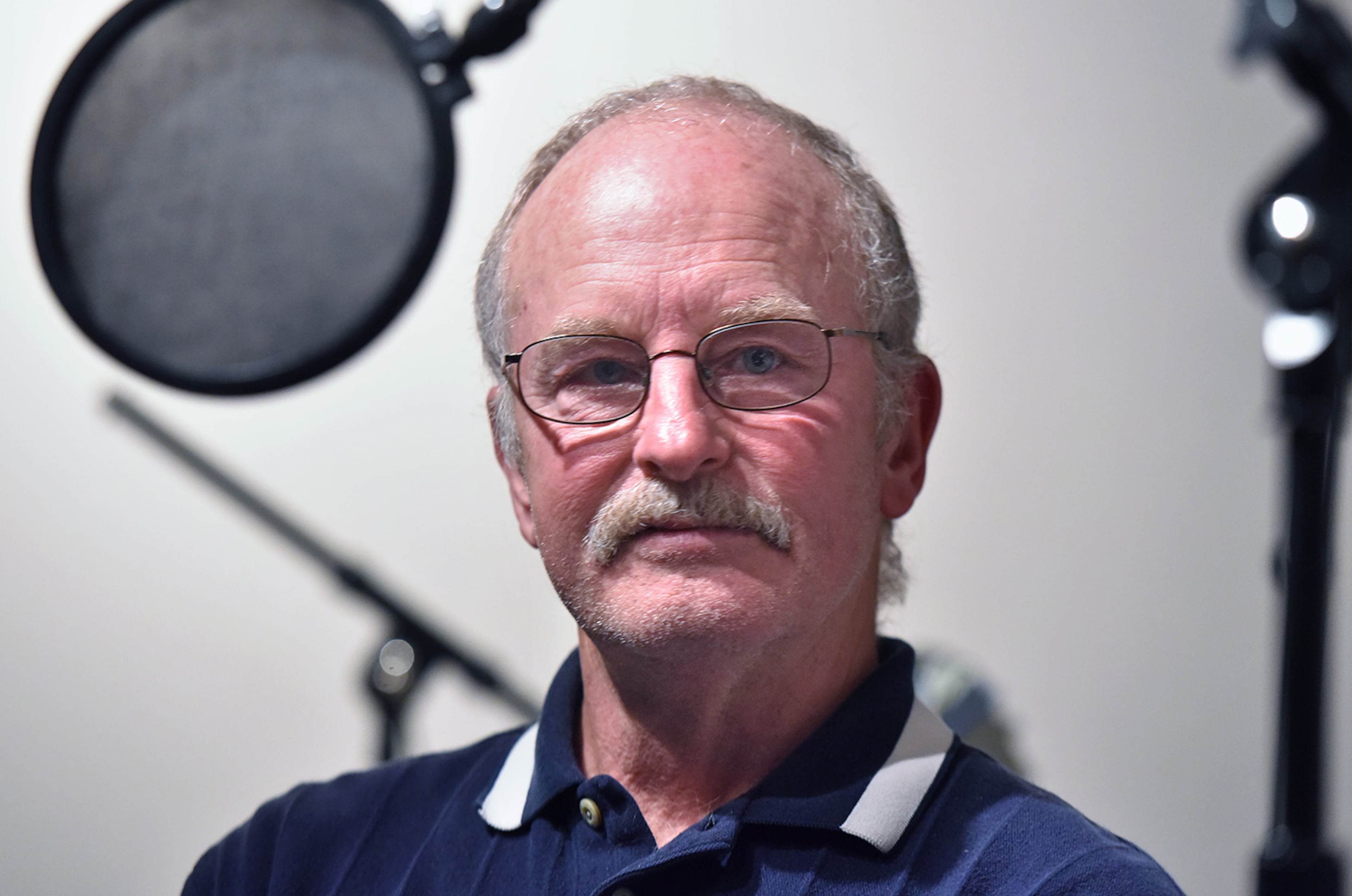Breakdown podcast: Who’s who in Season 1

A list of the key players in the first season of the AJC's podcast, "Breakdown: Railroad Justice in a Railroad Town":
EPISODE 1

Justin Chapman: Justin Chapman was convicted of murder in the 2006 arson fire that destroyed his duplex home in Bremen, Ga., and which killed his next-door neighbor. He has always maintained his innocence. Hours before the fire, Chapman was involved in a fight with William Chieves. That night, Chapman took his family to a friend's trailer, because, he claims, he feared retaliation from Chieves.

Alice Jackson: Alice Jackson, 79, had been a seamstress in Bremen, a town built on textiles. In 2006, she lived on the left side of a duplex at 113 Sharp Street. Justin Chapman and his family lived on the right side. "Miz Alice," as she was known to neighbors, died when someone set fire to the duplex in the summer of 2006. Chapman was convicted of the arson and murder.

William Chieves: William Paul Chieves, an admitted drug dealer and gang member with a tattoo on his forehead, got into a fight with Justin Chapman outside Chapman's house on the night of the fire. Before the fight, he called his brother, telling him he needed some help in Bremen to show "what happens when people mess with us Chieves." Chieves also told a former FBI agent that he helped set fire to a house in nearby Carroll County – three weeks before the fire that burned Chapman's duplex and killed Alice Jackson.

Jan Hankins: Jan Hankins was the public defender who represented Justin Chapman at trial and lost. She has conceded that she wasn't prepared for the trial but says that was because of the extraordinary demands of her job, in which she represented indigent defendants all over the state. Hankins always believed in Chapman's innocence and helped him find a new legal team to take up his case after his appeal failed.

Judge Michael Murphy: Superior Court Judge Michael Murphy presided over Justin Chapman's murder trial. He is the son of the late Tom Murphy, the legendary and long-serving speaker of the Georgia House and one of the most influential people in modern state history. Murphy's uncle (Tom's brother) is a federal judge in Rome, Ga., and his cousin is a juvenile court judge whose office is just down the hall at the Haralson County courthouse.
EPISODE 2

Joseph Scott White: Joe White was perhaps the most important witnesses for the prosecution. He was being held at the Haralson County Jail on the same cellblock as Justin Chapman in 2006. White testified that the two were praying when Chapman confessed that he had started the fire that burned his house and killed his neighbor. According to White, Chapman said he hadn't meant to kill the woman but she was better off.

Stephen Hughes: Stephen Hughes was a close friend of Justin Chapman who was visiting Chapman' on the night of the fire. Hughes opened his mobile home to Chapman and his family that night. (Chapman had just brawled with another man and was concerned that the man's friends might come for payback.) Hughes' wife, Brandie, later testified that Chapman was at the Hughes' home when the fire broke out.

Dorman Dean Chandler: Like Joe White, Dorman Dean Chandler was incarcerated at the Haralson County Jail at the same time Justin Chapman was there. He initially told investigators that he heard Chapman admit to the crimes. On the witness stand, however, he changed his story. According to Chapman's lawyer, Chandler later said he wouldn't testify because his family ran the Mafia and would take a dim view of his being a snitch.

Gary Allen Stroupe: Stroupe was a key witness for the prosecution. He testified that he had been sitting on his front porch at 3 a.m. on the night of the fire and saw a man leaving the neighborhood on foot as Chapman's house burned. Stroupe told police and fire investigators that he wasn't sure of the identity of the person he saw. At trial, however, Stroupe testified that he believed the figure was that of Justin Chapman.
EPISODE 3

Fenn Little: Little is a veteran trial lawyer who, working as a public defender, was appointed by the state to handle Chapman's appeal and his motion for a new trial. His grounds for appeal were that Jan Hankins, the public defender who represented Chapman at trial, provided ineffective counsel. He lost the appeal. Nor was he able to win a new trial for Chapman – even though the district attorney at the time agreed to it.

Richard Rackleff: Rackleff was a longtime FBI agent who specialized in polygraph tests. Now retired from the bureau, he still consults as a lie-detector expert. (He administered the test to Richard Jewell after the Centennial Olympic Park bombing in 1996.) Rackleff gave the test to Justin Chapman after Chapman was convicted and concluded that Chapman had no part in the fire that he was convicted of setting.

Miguel Santos: Miguel Santos and his girlfriend and their dogs – including a big German shepherd named Zoe – are the current residents of the house on Marchman Street that Gary Allen Stroupe was living in. Santos knew nothing of the fire, the trial or Stroupe's role in it as an important witness for the prosecution. But as a former Army sniper, Santos was game to test what Stroupe could have seen from his front porch.
EPISODE 4

Mike Caplan: A business litigator at the Atlanta firm Bondurant Mixson. Public defender Jan Hankins approached Caplan to ask him to take on the Justin Chapman case pro bono (for free). Caplan read the case file and, based in part on Hankins' insistence that Chapman was innocent, agreed to take the case.

John Rains: Also a business litigator at Bondurant Mixson. Rains threw in with Mike Caplan to take on the Chapman case. The two attorneys and other members of the defense team worked for two years putting together their arguments for a new trial for Chapman.

Danny Sindall: Longtime FBI agent who pursued Eric Robert Rudolph through the mountains of North Carolina and then, after his retirement, built his own house in those mountains. Mike Caplan happened to be visiting him and got to talking with Sindall about the Chapman case.

John Insogna: Sindall approached his longtime FBI colleague, Insogna, to join him in evaluating the Chapman case. (At the time, Insogna had an investigator's license, and Sindall didn't.) The two retired agents went to Telfair State Prison to interview Chapman and decided to join the defense.

Emmet Bondurant: A liberal lion in Atlanta's legal circles. Bondurant has a reputation as one of the most effective trial lawyers in the nation. One publication called him the go-to lawyer for "bet the company" litigation. His firm has always engaged in pro bono work, and he gave the green light to Caplan and Rains to take the Chapman case.
EPISODE 5
Charles Rooks: Charles Rooks was the assistant district attorney and the lead prosecutor in Justin Chapman's arson and murder trial. Chapman's new defense team found evidence that could have possibly helped Chapman, and that Jan Hankins claims Rooks never made available to her. Rooks disputes these claims. Rooks, now in private practice, remains firmly convinced that Chapman is guilty of arson and murder.

William Tamp Liner Jr.: William Liner was jailed at the Haralson County Detention Center at the same time as Justin Chapman and Joseph White. White claimed that Liner overheard Chapman confess to setting the fire, but Liner filed an affidavit saying that he never heard such a thing. He was scheduled to testify at Chapman's trial before Charles Rooks canceled his appearance.
Peggy Regina Lewis: Peggy Regina Lewis is the sister of Gary Allen Stroupe. Lewis was sitting on the same stoop as Stroupe on the night of the fire, and testified that her brother may have been impaired at the time he claimed to witness Chapman near the scene. She also said that the man they saw that night was running – not limping – and could not possibly have been Chapman.
DuAna Alarid: DuAna Alarid lived across the street from Gary Allen Stroupe. She testified that she found Stroupe to be untrustworthy and "unsavory." And she recalled that he was looking forward to collecting a reward for his testimony against Chapman.
EPISODE 6
Frederick Mullis: Frederick Mullis is a Superior Court judge for the sprawling six-county Oconee Judicial Circuit in south-central Georgia. Mullis grew up in Eastman, Ga. His father, a successful insurance salesman, had always said he wanted to be a lawyer. Mullis also admired the man who lived across the street. He was not only Mullis' Cub Scout leader, he was a lawyer who'd become president of the State Bar of Georgia. With those two major influences, Mullis chose the law as his profession. After law school, Mullis spent more than a decade as a small-town, general practice lawyer. He then became a local prosecutor. In 1996, he became a Superior Court judge. Because the Oconee circuit includes five state prisons, Mullis hears a lot of habeas corpus petitions, most filed by inmates who are representing themselves without a lawyer.

Frank Hogue: Frank Hogue has practiced with his wife and law partner, Laura, since 1997 out of the Macon firm Hogue & Hogue. They have practiced exclusively in criminal defense since then. Frank Hogue has tried all kinds of criminal cases in state and federal courts. He has represented defendants in six death-penalty cases – and none of his clients in those cases is on death row. In 2012, Hogue served as the president of the Georgia Association of Criminal Defense Lawyers. Atlanta lawyer Mike Caplan, a member of Justin Chapman's new legal team, said he recruited Hogue to join the case because of his reputation and because he knew his way around the courthouses of South Georgia.

